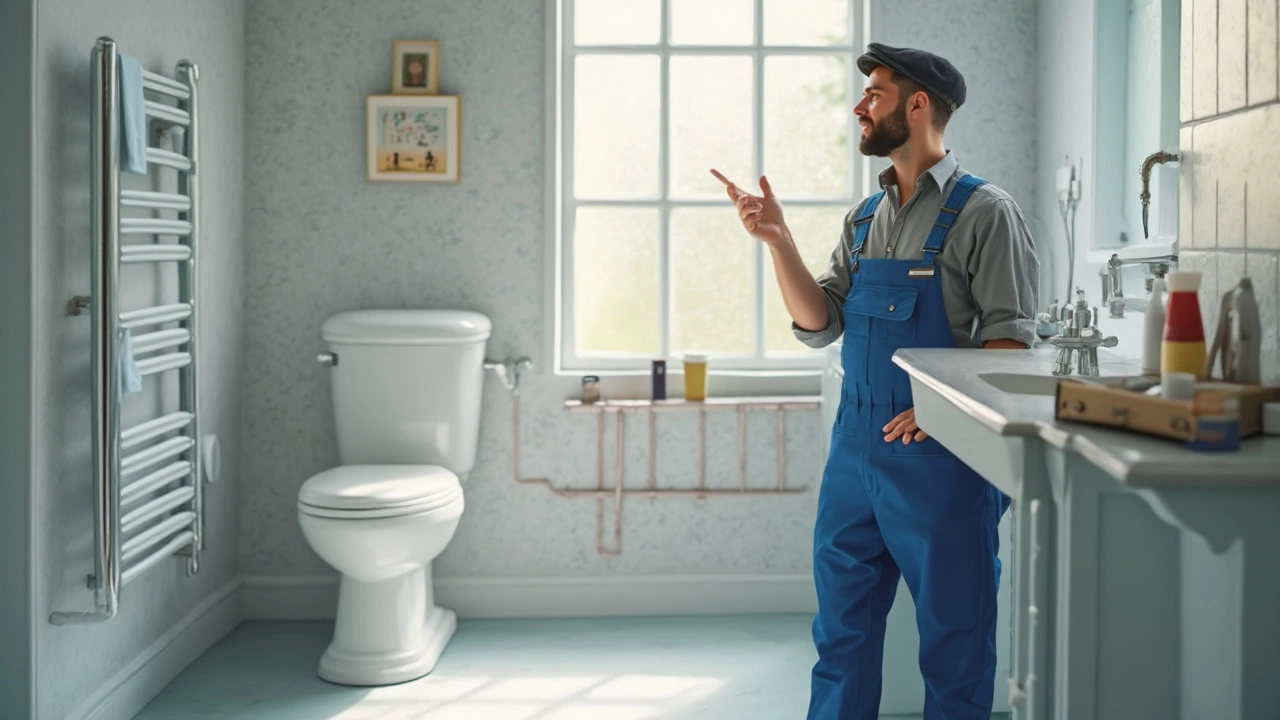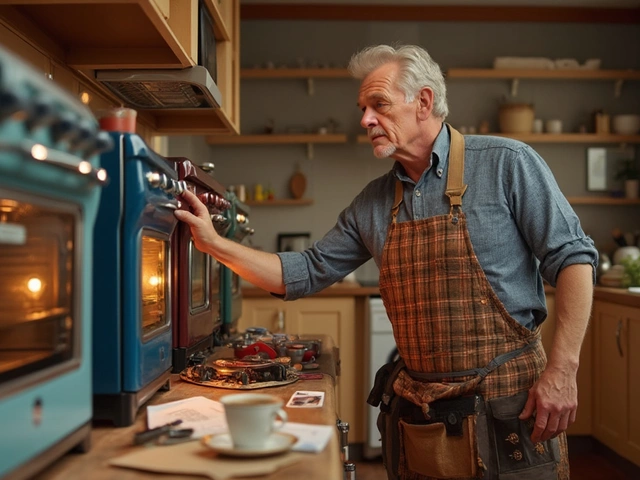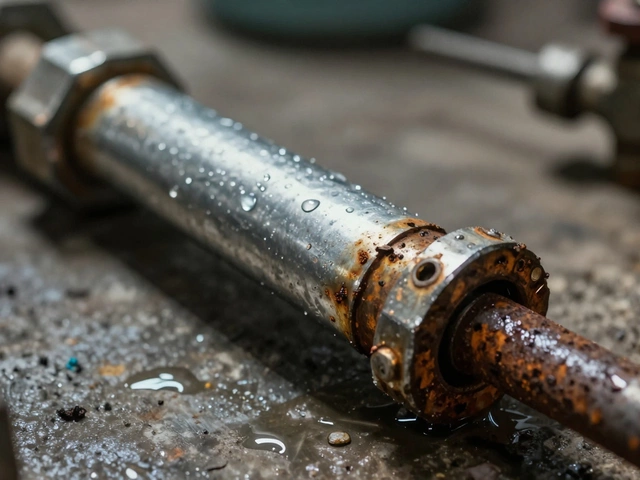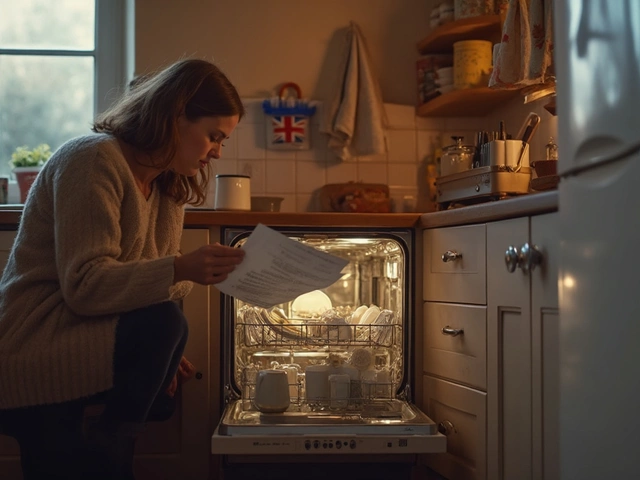Can Electric Ovens Be Fixed: Your Handy Guide
February 20 2025Home Repair Tips & Guides – Keep Your House Running Smoothly
Got a noisy boiler, a stubborn oven, or a fan that just quit? You don’t need to panic. Most everyday problems have a simple fix, and knowing the basics can save you time and money. Below are the practical steps you can take for the most common household appliances, plus clear signs that it’s time to call in a certified gas engineer.
When to Fix It Yourself
If the issue is easy to spot – a clogged filter, a loose screw, or a tripped breaker – you can usually handle it without a professional. For example, kitchen extractor fans often get greasy buildup; a quick clean of the fan blades and filter can restore performance in minutes. Likewise, water heaters benefit from an annual flush to remove sediment; the process just needs a garden hose and a bucket.
For ovens, a broken heating element can be swapped out with a screwdriver and a new part from a hardware store. Most manufacturers label the element, and the replacement cost is low compared to a whole‑oven replacement. When dealing with electric hobs, a faulty touchpad often means a simple connection issue – unplug the unit, check the wiring, and reseat the contacts.
Remember safety first: always turn off the power at the breaker before opening any appliance, and wear gloves if you’re handling sharp parts. If you’re ever unsure, pause and move to the next section.
When to Call a Professional
Gas‑powered devices are a different story. A gas boiler that’s making loud bangs, losing pressure, or refusing to ignite is a red flag. These symptoms can signal a leak, a failing pump, or a blocked heat exchanger – all issues that require a qualified gas engineer. Trying to fix them yourself not only risks damage but also breaches safety regulations.
Similarly, if a water heater won’t heat at all, and you’ve already flushed it and checked the breaker, the problem could be a failed thermostat or a broken heating element that involves electrical work inside the tank. A certified plumber or gas engineer can test the components safely and ensure the system is sealed properly.
Appliances that show intermittent operation, strange noises, or foul smells – like a dishwasher that’s leaking or a fridge that’s humming loudly – often have internal component failures that need specialist tools. In these cases, a professional diagnosis prevents you from spending on unnecessary parts.
Our team at Bedford Gas Appliance Repair Services offers fast, reliable service for all these scenarios. We’re certified, insured, and familiar with the local codes, so you get peace of mind along with a fixed appliance.
Bottom line: simple cleaning or part swaps are DIY‑friendly, but any gas‑related issue or complex electrical fault should be left to the experts. Keeping a regular maintenance schedule – a yearly boiler service, seasonal fan cleaning, and occasional heater flush – reduces surprise breakdowns and extends the life of your appliances.
Need help? Give us a call, and we’ll get your home back to normal without the hassle.
 22 May
22 May
Is a Toilet an Appliance? What Service Pros Need to Know
People often wonder if a toilet counts as an appliance or is just basic plumbing. This article breaks down what makes something an appliance and where toilets fit in. Get tips for servicing toilets, facts you might not know, and a look at how the appliance industry classifies bathroom fixtures. Make sure you don’t run into confusion when talking to clients or calling for service.
Read More...



